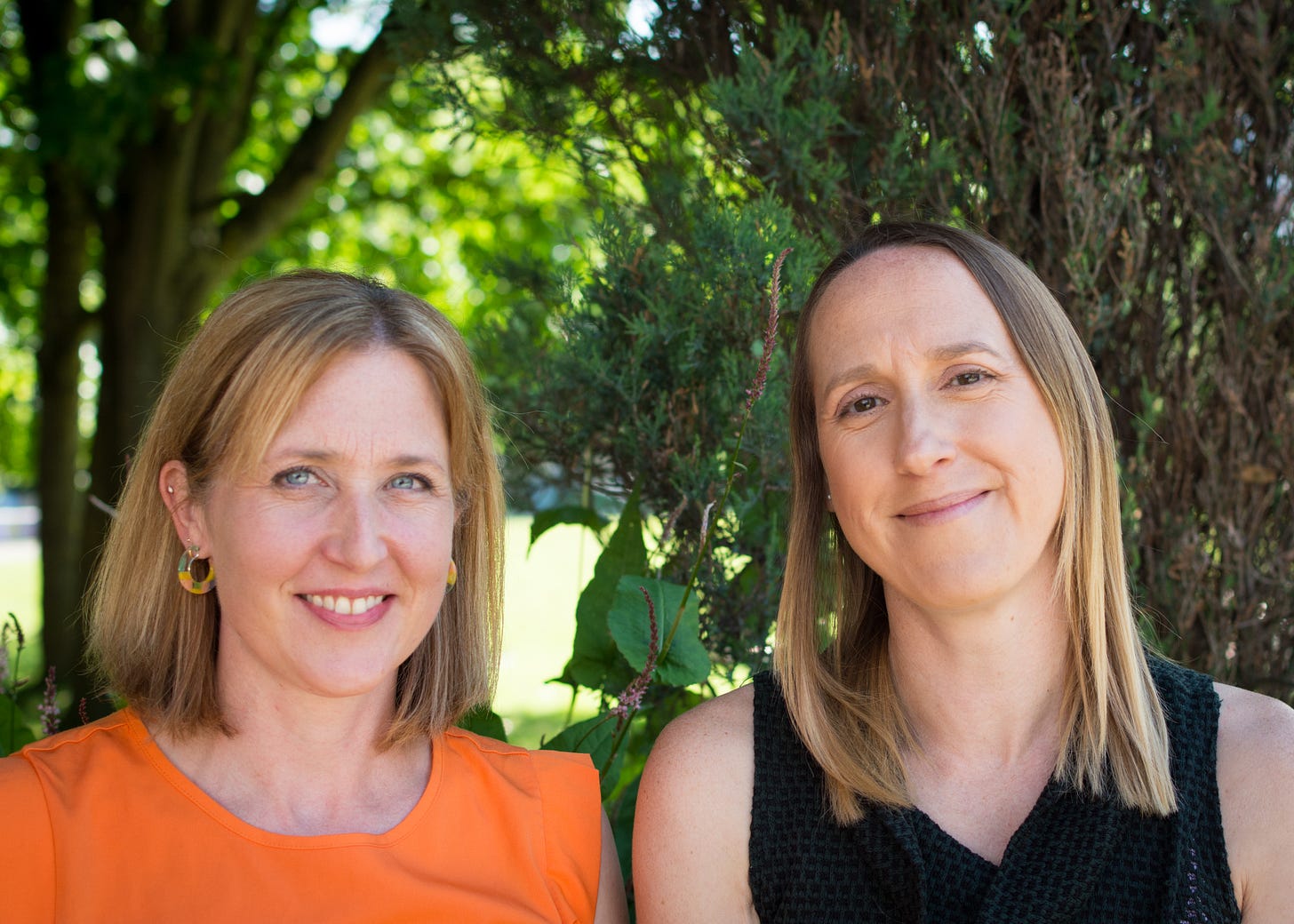Discover how Synapse can help you find stories and build meaningful relationships with PRs.
Journalists have always had to check, double check and verify their sources. Whether it’s doing a reverse image search on social media posts, searching for publicly available information on a contact or asking for documents that support a claim, it’s all part of the job.
But sometimes this does not go to plan and as freelancers we are only one part of a much wider system where mistakes can creep in.
There are a couple of examples recently that have cemented how freelance journalists can be vulnerable to people trying to pull the wool over our eyes. And of course, we’re often under time pressure from editors to deliver a certain case study or quote on a topic.
Experienced freelance journalist Rosie Taylor posted on LinkedIn last month that she has started putting a note on all her #journorequests that experts must be willing to speak to her on the phone.
She has taken this step after a spate of what appear to be AI-generated quotes where it was also unclear whether the ‘expert’ being put forward was genuine or not. Taylor pointed out that she doesn’t have the time to do a deep dive background check on everyone being put forward for a quick quote but “it’s becoming impossible” to trust those being sent by email.
In one example she was looking for tips on holiday car hire. She was sent three quotes from seemingly legitimate people who she checked out on LinkedIn. But the unnerving aspect was that the quotes came in quick succession from three different people with the same or very similar wording.

It’s something the Press Gazette has also reported on with publishers having to delete articles earlier this year after reporter Rob Waugh uncovered quotes from fake or dubious experts.
Yet the most worrying tale came from a ‘faked’ Telegraph article that had been subject to a raft of complaints on social media and ended up being removed.
It was even discussed by Marina Hyde and Richard Osman on the Rest is Entertainment podcast after readers assumed it had been written by AI. The presenters were baffled as to why the byline was from a respected journalist when the article itself appeared to be made up with a photo that did not match the ages of the family.
At FFJ we were also puzzled, knowing that the freelance journalist whose name was on the piece about rising school fees is a dedicated and hard-working journalist.
We were pleased to see that the Press Gazette had gone some way to working out what had happened with the article which had already been removed by the Telegraph.
The journalist had in fact written the piece based on a real telephone interview with a man who appears to have deceived her and given a fake name. She had been asked to interview and write up the case study which had been provided by a PR working for a financial firm whose research was also referenced in the piece.
She had not been involved in the selection of images that accompanied the piece which turned out to be a stock library photo from years ago.
We were very pleased to see the solidarity from other freelance journalists in online forums because let’s face it, we all know how easily this could happen to any one of us.
FFJ co-founder Lily Canter says she used to write a regular series for a national newspaper which often meant dealing with PR companies.
“In the end I had to blacklist them all because I had so many problems with the case studies they provided. Despite my insistence, they did not brief the case studies properly meaning time and again people would pull out at the last minute as they didn’t realise what they were agreeing to.
“In one circumstance the case study was not what the PR had described - at all. The PR had hidden key information from me which when I discovered it invalidated the whole story.”
She adds that at the end of the day PRs are there to promote a product.
“So often it is much better to find case studies without using a PR at all. This is particularly the case for large PR firms or agencies. I would always prefer to work with an independent PR who is running their own business because they are far more invested in building trust with journalists.”
So what can we do as freelancers to protect ourselves against fake or dodgy experts or sources being used in our work.
Speak to people in person. As Taylor points out it does appear to be getting harder to rely on email quotes that have been sourced through a call out. If you know someone, or they are an academic or representing an organisation that brings an extra level of reassurance. But, let’s face it we get better quotes from a phone chat anyway. A video call is even better if people are willing!
Be extra wary when someone is selling a product. As Lily points out if a PR is bringing you a story, their sole objective is to get coverage for their client. Trust your gut if you’re being given the run around or odd information.
Source your own case studies wherever possible. There are plenty of ways to find case studies including trawling online forums, asking charities or organisations or your own call outs. And it’s helpful to specify from the start if there are specifics to what you need or if they will have to be photographed, etc.
Be curious. If something doesn’t add up, ask for more details. Hunt out who people are through their online profiles.
Ask to see final copy/photos before publication. Sometimes errors are introduced after you have submitted the copy. Could be through an edit or misleading headline. If you have any concerns or if a topic is sensitive, ask to see the final version.
Freelance Journalism Awards 2025
The only awards dedicated to highlighting the essential contributions of UK freelance journalists are back! There are six categories for 2025 and you have until midnight on the 29th of August to get your submissions in. As always it is FREE to enter the awards and you can enter as many of the six categories as you like (although only one entry per category). Find out more about the categories, criteria and how to enter at the link below.
Summer Sale now on!
It’s Summer Sale time! We’re delighted to offer 30% off a full year of the Freelancing for Journalists Premium newsletter.
This means you can access all our exclusive content for just £28 a year.
If you’ve been thinking about upgrading to the premium version, now is the ideal time. The offer runs until 31 July 2025.
Triumph of the week
Getting some lovely reader feedback
That feeling when
An editor offers you more money when an article needs more work…
We love to hear your feedback on everything we do, so feel free to drop us an email anytime at freelancingforjournalists@gmail.com
Bye for now!









We want to donate